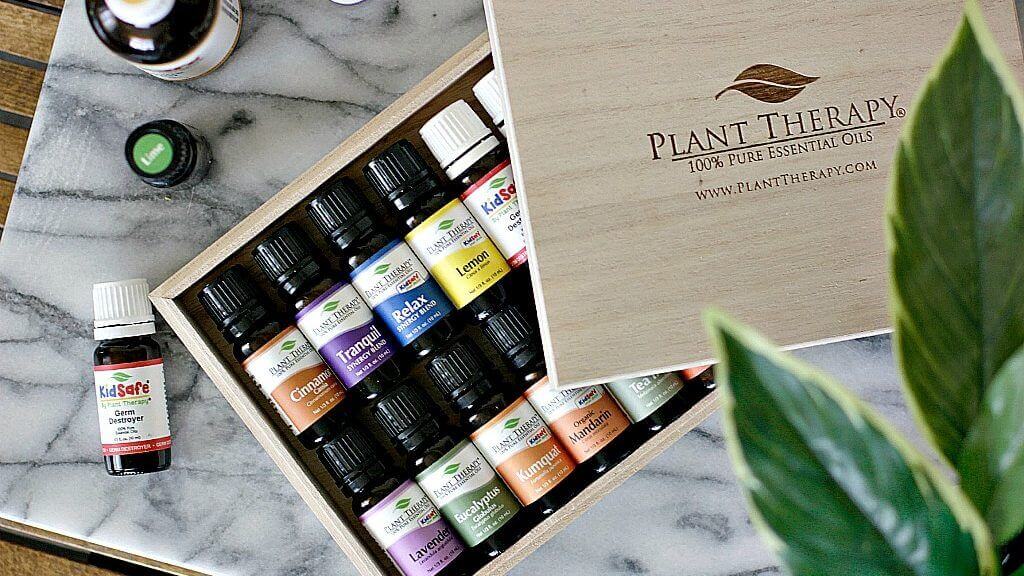There are so many misconceptions out there when it comes to using essential oils. Hopefully this article can set the record straight on some of the basics. If you’re new to essential oils, this is a very basic overview. If you’re a veteran user, it never hurts to refresh on the basics!
What are Essential Oils?
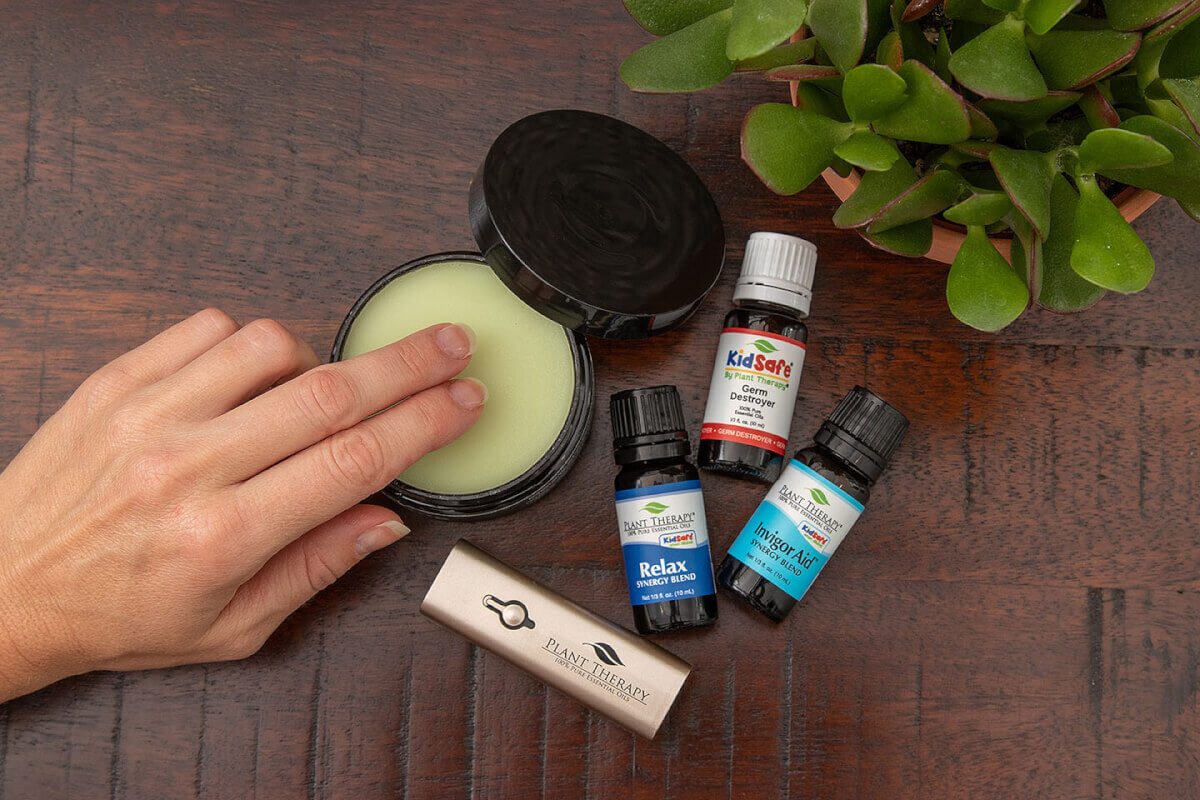
An essential oil is a hydrophobic liquid that contains volatile aromatic compounds from plants. Each plant part has a distinct smell, or aroma and can be useful for various therapeutic uses.
How can I use essential oils?
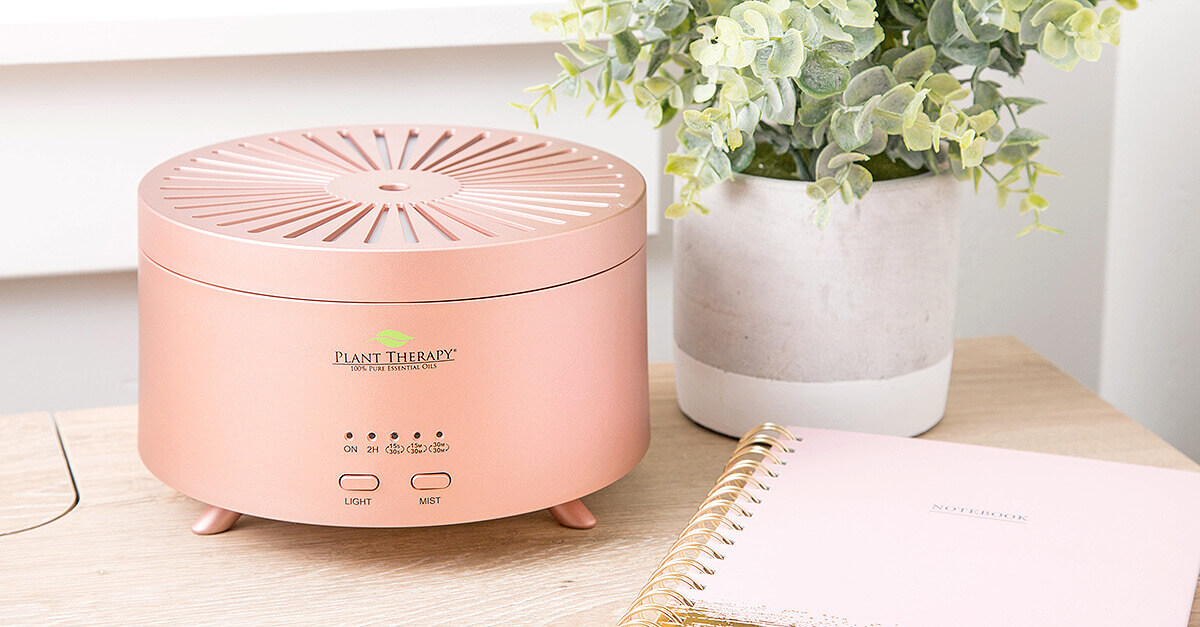
There are several different ways you can make use of your essential oils! The most common are:
- Topically: Essential oils can be used topically, or on the skin. Topical application is perfect for things such as injury, aches & pains or a skin problem. Bumps, bruises, cut and scrapes can all benefit from the use of essential oils in carrier oil. This article better explains the differences between topical vs. ingestion.
- Inhaled: They can also be inhaled, using a personal inhaler or a diffuser for your home, and this really is the preferred method for most emotional issues. For calming, try lavender. To promote restful sleep look into using vetiver. There are so many great oils out there, the more research you do the safer you can use them! Here’s more on inhalation: Inhale! The Power of Smell.
Why should I dilute with carrier oil?
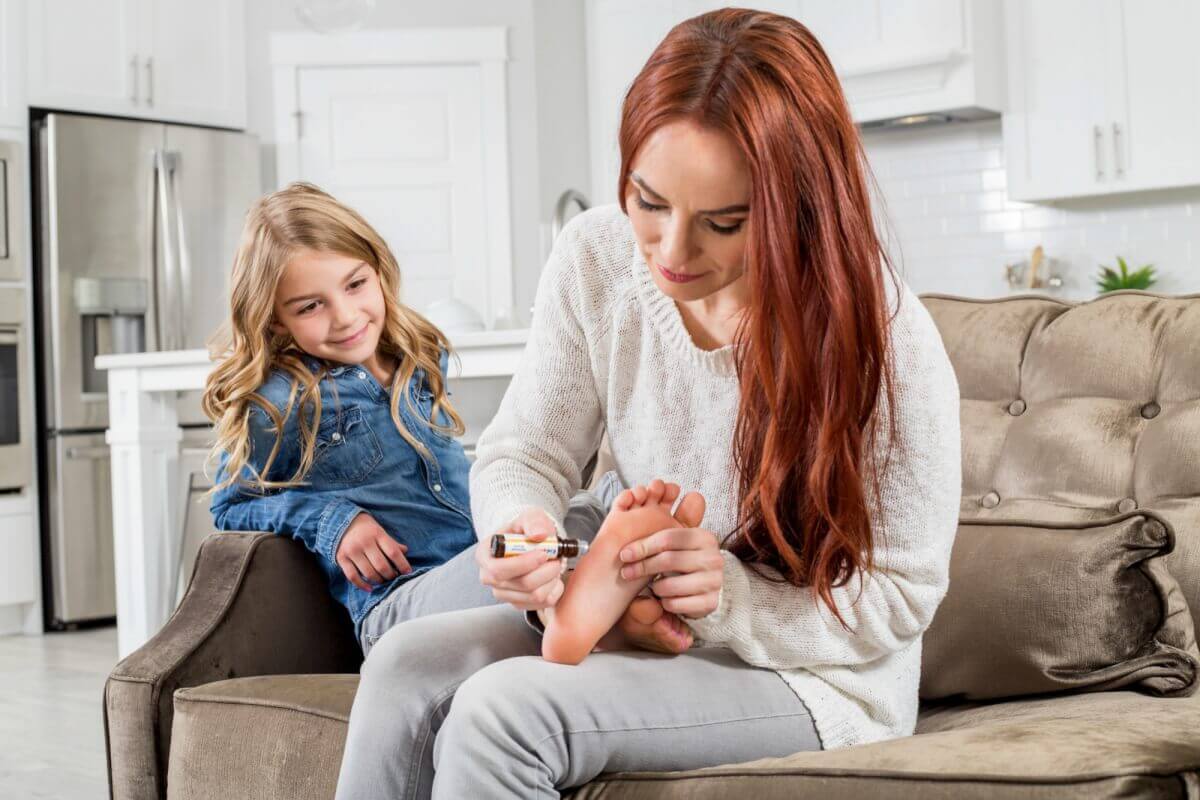
Dilution is always recommended for topical use!
When you use essential oils diluted with carrier oil you decrease your risk of sensitization.
A carrier oil is a pure, natural oil specifically for blending your essential oils, to help you avoid sensitization. Some popular carrier oil examples are:
- Fractionated coconut oil
- Jojoba oil
- Avocado oil
- Almond oil
Sensitization can take many forms and usually does not occur at first use. Long-term use of undiluted or neat oils can make a person prone to breakouts, rashes and other skin issues. Eventually this leads to not being able to use certain oils due to the consequences. Click here for more on Sensitization.
To avoid all that, use a good dilution chart in order to properly apply oils to your skin. In case you need more information on carrier oils, you can find that here: A Deep Dive Into Carrier Oils.
Which essential oils should I avoid?
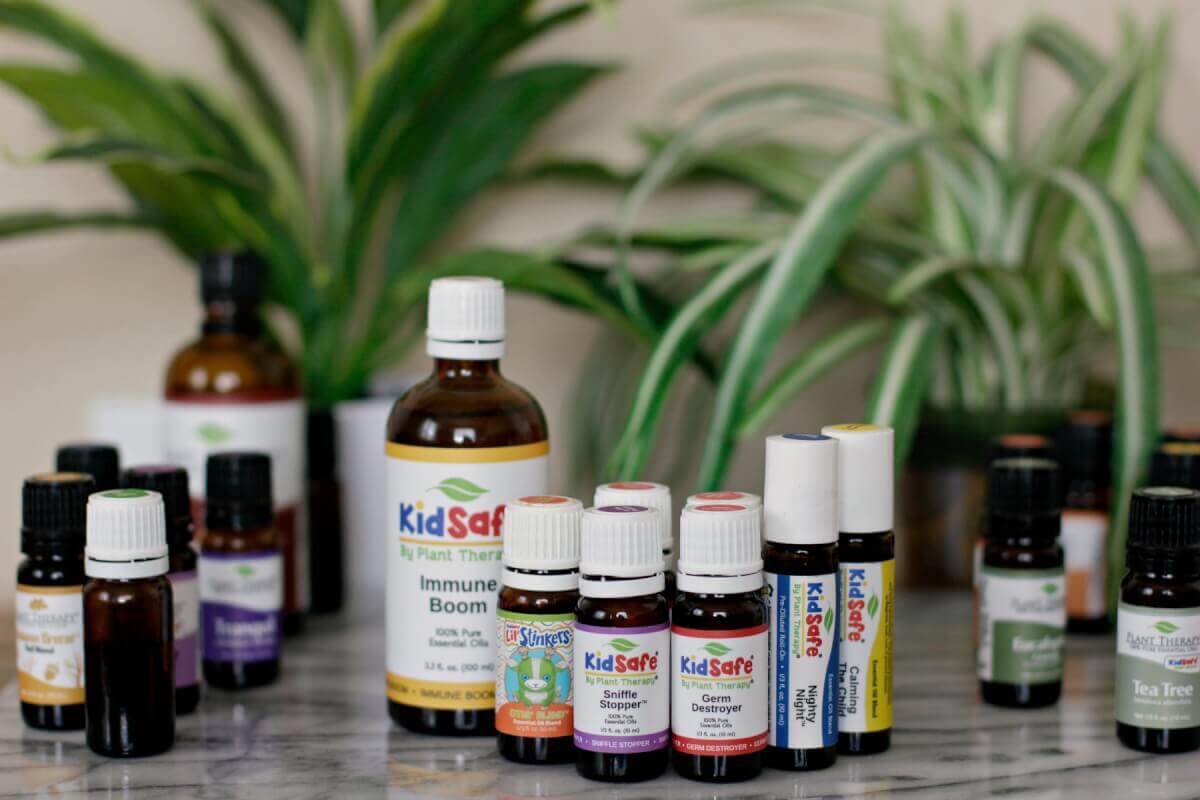
Certain oils should be avoided if you have medical conditions or take medications, or based on age:
- Children under the age of 10 can be sensitive to essential oils, so make sure your oils are KidSafe. Plant Therapy takes the guesswork out of essential oils that are safe for kids with our KidSafe line.
- People who are sensitive to salicylic acid should avoid wintergreen and birch, since these oils have high concentrations of methyl salicylate.
- People with a blood clotting disorder should avoid clove, cinnamon bark & leaf, fennel, oregano, and others.
It pays to know which oils can affect the condition or medication you are dealing with. This is why it’s important to do your own research and not rely on what you can find with a quick search from a search engine. Seek out a professional certified aromatherapist and ask lots of questions.
How can I choose a reputable company?
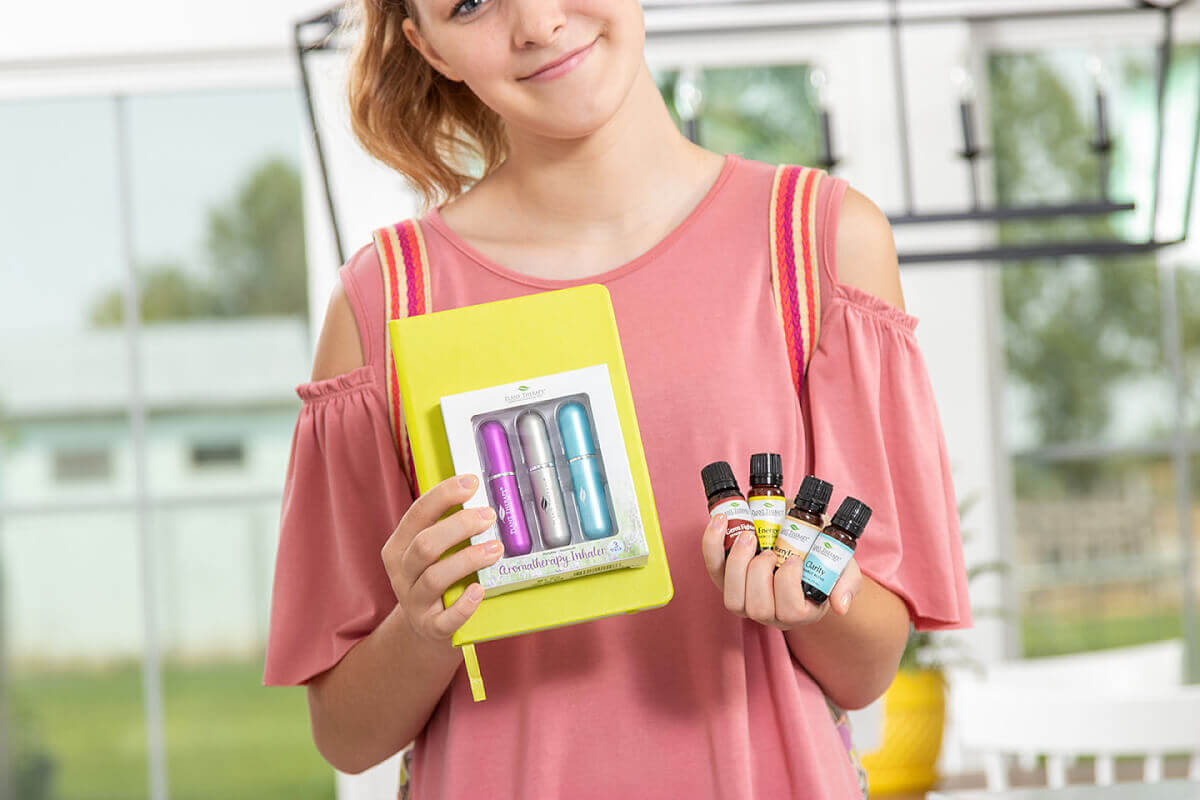
There are many, many wonderful essential oil companies out there to choose from. You may even end up buying from more than one! Here are a few guidelines that I use when choosing my essential oils:
- Proper labeling: You should see see several things on your essential oil’s label. First, there should be the full name in both common and Latin. Second, a country of origin should be listed, recommended method of distillation, and chemotypes (if applicable). This ensures you’re getting exactly what you’re paying for. If those items are not available on the label – the company you purchase from will have it on their website!
- Descriptions: There should be a description of a few ways you can use the oil. This gives you flexibility in how you can use each oil. Who doesn’t love multi-use items?
- GC/MS report: Having access to a GC/MS report is so important. Basically this is a chemical analysis done for each batch of oil. This tells you percentages of certain constituents so when I am selecting an oil, you can be sure you’re getting the constituents you would like to address specific issues.
- Access to customer service and/or a professional: In the field of aromatherapy, if the company is willing to communicate with their customers, it shows that they are not just concerned about their bottom line. Choose a company that has your best interest in heart as well as their own. You want to know that if any questions or concerns come up, you can call or email and get an answer!
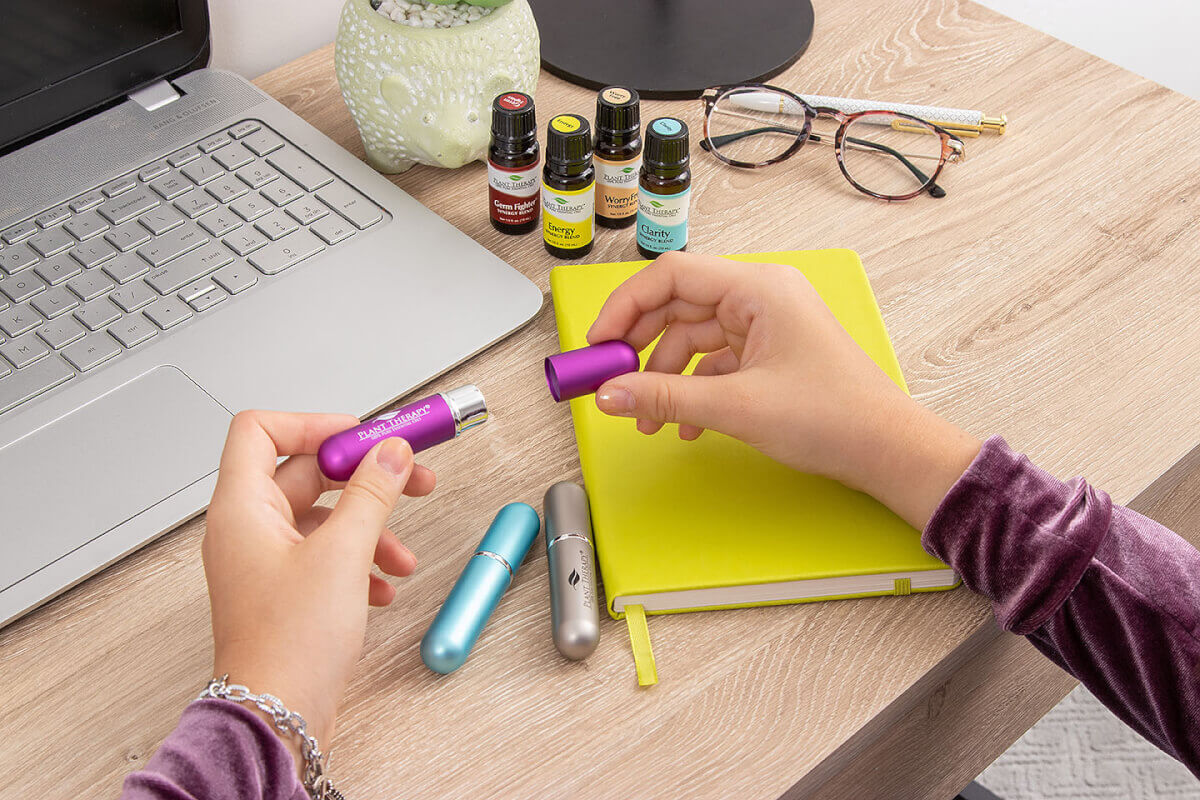
There are many, many wonderful posts to be found in our blog! Take a few minutes and read through the links provided, as well as any other topics that may interest you.



